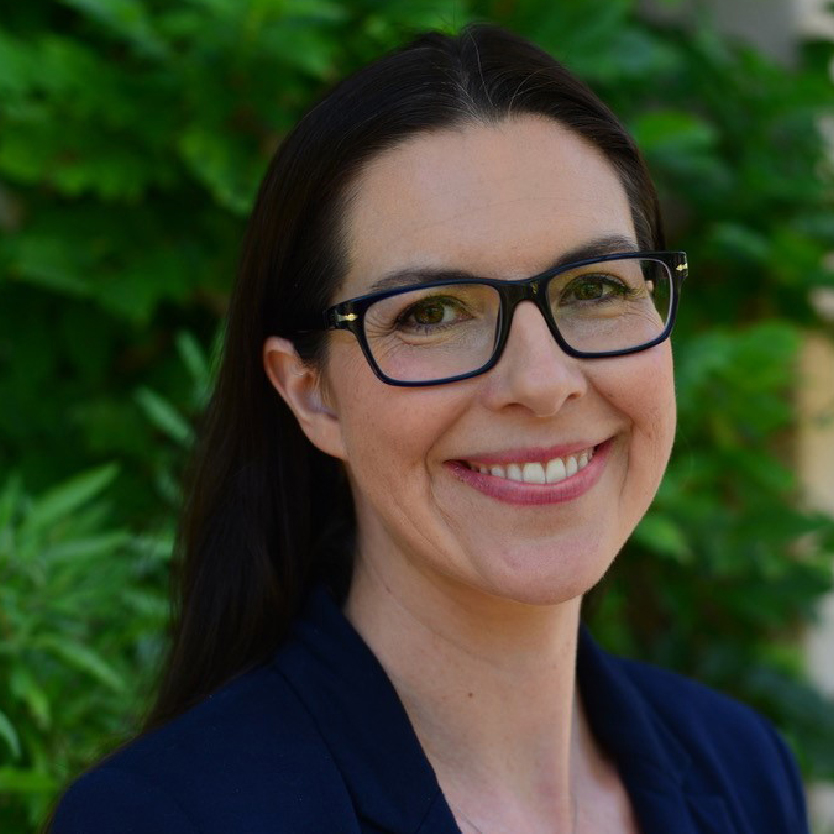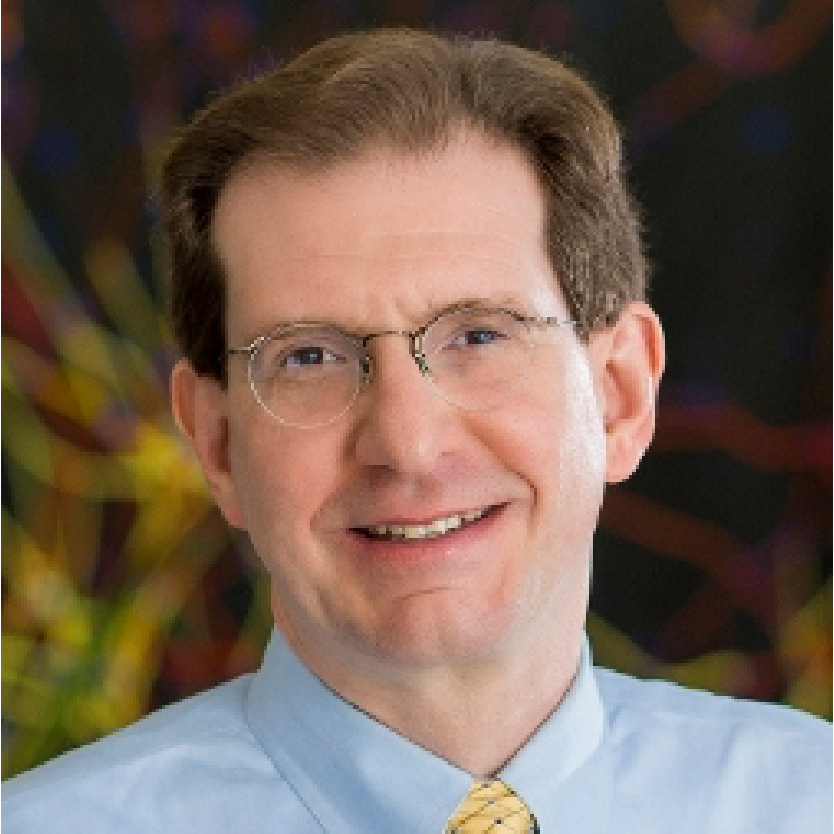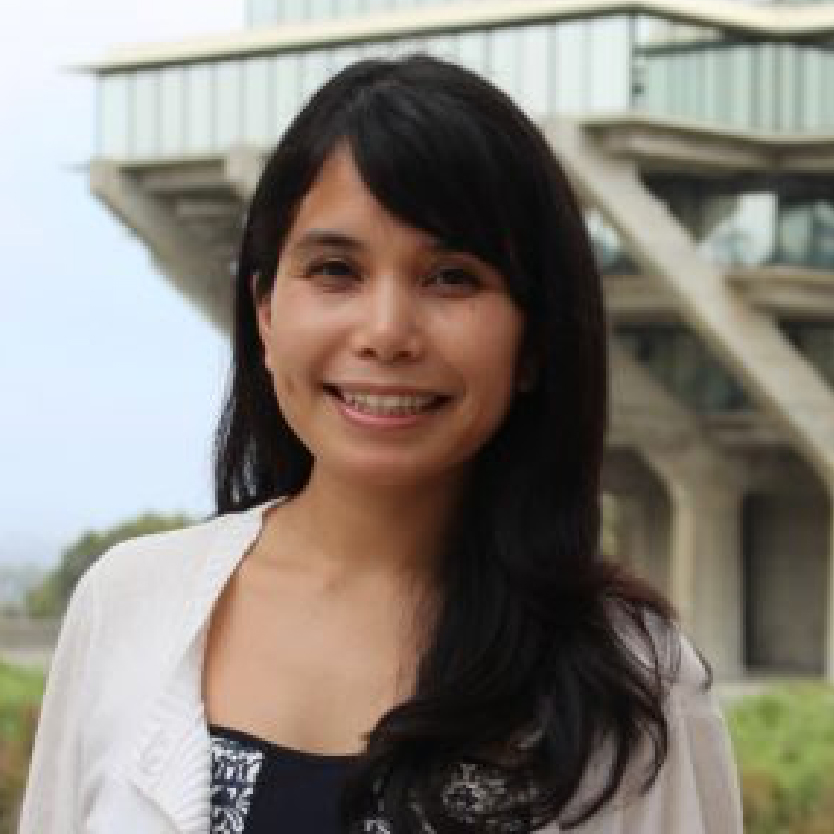Welcome to the New CNLM Fellows

Dear colleagues,
Please join me in welcoming eight faculty colleagues as our newest Fellows of the Center for the Neurobiology of Learning and Memory. New Fellows are nominated and elected by a majority vote of the current membership.
Congratulations!
Sincerely,

Michael A. Yassa, Ph.D.
Director, Center for the Neurobiology of Learning and Memory
UCI FELLOWS

J. Zoe Klemfuss, Ph.D.
Associate Professor
Psychological Science
School of Social Ecology
Dr. Klemfuss’s research focuses on how children remember and report about their past experiences. She is particularly interested in how social contextual factors and children’s cognitive abilities separately and jointly impact the accuracy and content of their event narratives. This work is firmly rooted in cognitive and social developmental theory and has direct societal application, for example, in legal settings where a child’s memory report may be deciding evidence in a case. She has published in top academic journals including Annual Review of Clinical Psychology, Developmental Psychology, Developmental Review, and Journal of Experimental Child Psychology, as well as in books and online resources. Her work is supported by the National Institutes of Health.

Albert R. La Spada, M.D., Ph.D.
Professor
Pathology & Neurology
School of Medicine
Dr. Albert La Spada's research is focused upon neurodegenerative disease. His lab is seeking the molecular events that underlie neurodegeneration and neuron cell death in spinocerebellar ataxia type 7, spinal & bulbar muscular atrophy, Huntington’s Disease, ALS, Parkinson’s disease, and Alzheimer's disease. His team has uncovered evidence for transcription dysregulation, perturbed bioenergetics, and altered protein quality control as contributing factors to neuron dysfunction. By reproducing molecular pathology in mice and in neurons, astrocytes, microglia, and skeletal muscle cells derived from human patient stem cells, his lab has begun to develop therapies to treat these disorders.

Eitan Schechtman, Ph.D.
Assistant Professor
Neurobiology and Behavior
School of Biological Sciences
Dr. Eitan Schechtman's overarching research goal is to reveal the neurocognitive mechanisms through which memories evolve during sleep in humans and to utilize this framework to improve wellbeing by selectively enhancing advantageous memories and weakening harmful ones. Three main goals: (1) expand the theoretical framework explaining sleep’s benefit to memory by linking it to the more established literature on memory processes during wake, (2) unravel the neural mechanisms that support the offline processing of memories (i.e., memory consolidation) at the systems level in humans, and (3) develop treatments manipulating memory processing during sleep to improve wellbeing in healthy and clinical populations.

DeWayne P. Williams, Ph.D.
Assistant Professor
Psychological Science
School of Social Ecology
Ethnic health disparities exist such that African Americans (AAs) are at an elevated risk for cardiovascular and other diseases in comparison to European Americans. Disparities in health also exist between sexes, as women typically report greater psychopathology (e.g., anxiety and depression) compared to men. Converging evidence suggests that lower resting heart rate variability (HRV) is associated with poorer mental and physical health outcomes. Paradoxically, in comparison to their respective counterparts, both AAs and women show greater resting HRV despite greater physical and mental risk. However little research has been conducted to identify potential psychophysiological mechanisms and outcomes associated with such paradoxical results. Importantly, both women and AAs often experience unique social stressors, such as discrimination and stereotype threat, that has been shown to negatively impact such stigmatized groups. Dr. DeWayne William's research aims to better understand how such social stressors significantly impact psychophysiological function and health in both women and AAs.
EXTERNAL FELLOWS

Laura DeNardo, Ph.D.
Assistant Professor
Physiology
UCLA
Dr. Laura DeNardo's studies the neural circuits that control learned threat responses and how they can be disrupted by early life stress. The DeNardo Lab focuses on the medial prefrontal cortex (mPFC), which plays a key role in memory and decision-making, including adaptively responding to threats. The mPFC undergoes a uniquely prolonged development compared to other brain regions. While critical to establish mPFC’s mature cognitive functions, this extended development opens a long window during which insults can perturb healthy circuit assembly. As a result, mPFC dysfunction is linked to numerous psychiatric diseases including fear and anxiety disorders and depression. But how mPFC threat circuits typically mature, and how they can be perturbed, remains poorly understood. Dr. DeNardo's research addresses these questions using in vivo optogenetics, Ca2+ imaging, and viral circuit tracing. With these approaches, the DeNardo Lab is uncovering how the neural mechanisms of behavior change across development. They also develop open-source tools that use machine learning approaches to perform detailed analyses of connectivity and behavior.

Kalina J. Michalska, Ph.D.
Assistant Professor
Psychology
UC Riverside
Dr. Kalina Michalska's research combines neuroimaging (fMRI), autonomic measures, and behavior observations to understand the neural systems underlying emotional processes engaged by the distress of others. She is interested in how those processes mature across development, how individual differences are expressed, and how these emotional processes relate to disruptive behavior problems and anxiety in childhood and beyond.

Lara Rangel, Ph.D.
Assistant Professor
Cognitive Science
UC San Diego
During successful computation, brain regions must have an efficient method for filtering information from multiple sources and coordinating communication with other regions. A great system for examining this is the hippocampus, a brain structure critical for learning and memory that must integrate and associate various streams of information. Research conducted by Dr. Lara Maria Rangel suggests that the successful processing of information in the hippocampus is dependent on coordinated oscillatory activity, and more specifically the engagement of hippocampal cells in rhythmic circuits. Dr. Rangel is a systems neuroscientist, whose work characterizes the temporal dynamics of cross-regional oscillatory interactions and the flexible participation of neurons in local rhythmic networks during behavior.

Melissa Sharpe, Ph.D.
Assistant Professor
Psychology
UCLA
Dr. Melissa Sharpe is interested in the neural circuits that drive reinforcement learning, and how psychological disorders arise from changes in these mechanisms. To this end, her lab utilizes sophisticated decision-making tasks to isolate cognitive mechanisms controlling behavior. On this backdrop, her lab employs optogenetics, chemogenetics, and calcium imaging of genetically-encoded calcium sensors in transgenic rodents to manipulate and record neural activity. They are particularly interested in the way the lateral hypothalamus encodes specific types of learned associations and the wider circuitry that support this function.
